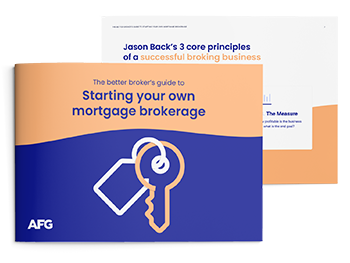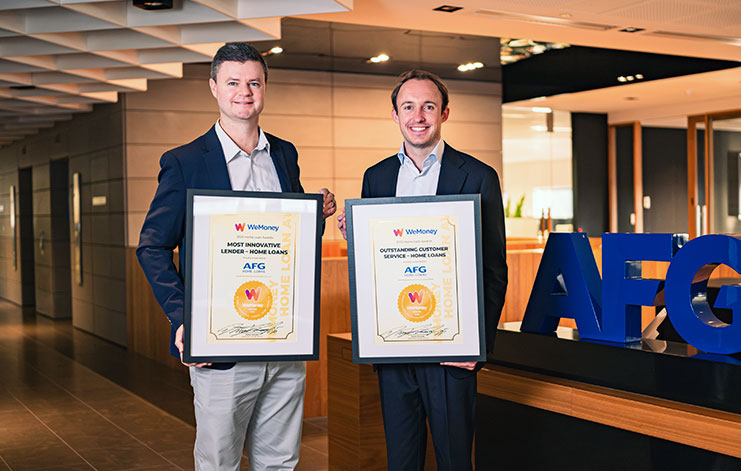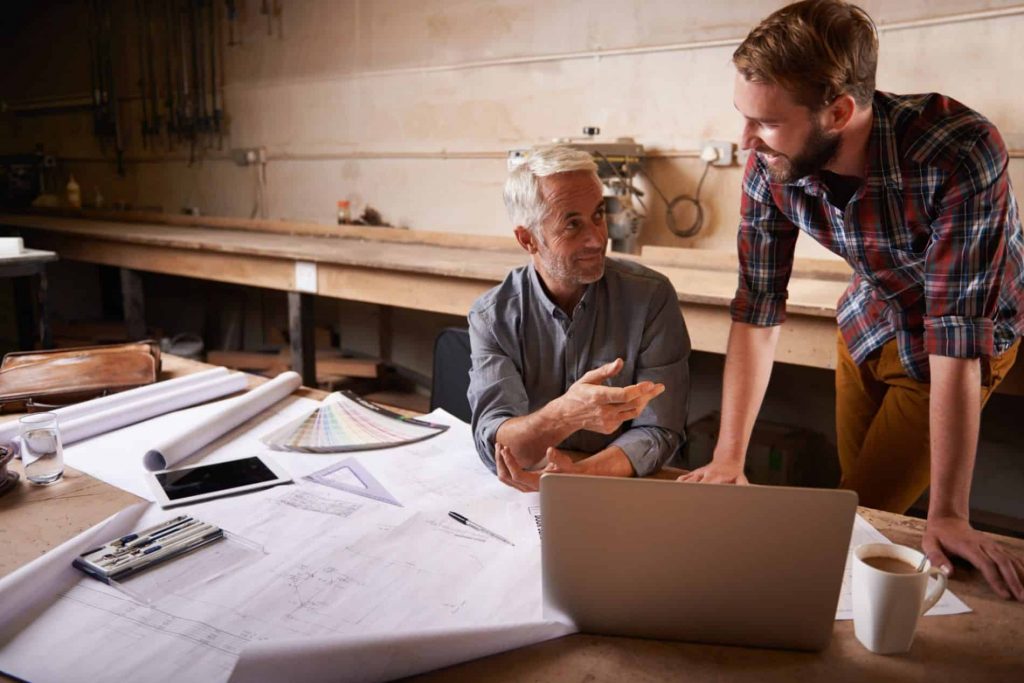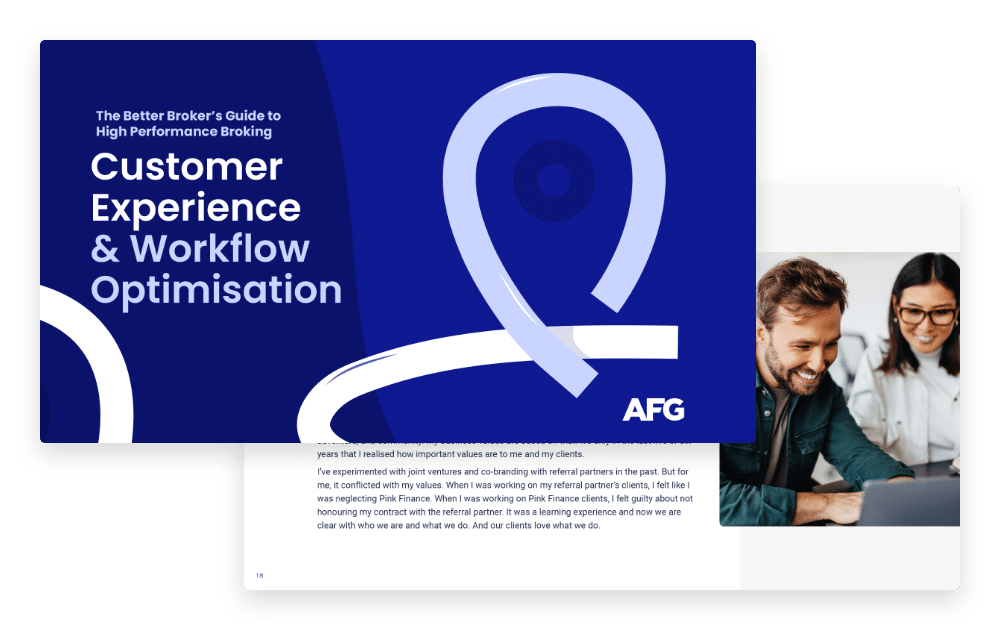It’s an office Jim, but not as we know it! Once the domain of tech start-ups, coworking is now gaining a broader appeal as small businesses discover the benefits of shorter leases, high-end facilities and a CBD address.
Economist and business owner Kate Morrison first came across the coworking phenomena while working in London 10 years ago. “Back then, it was guys doing software coding, with pizza boxes and empty coke cans around them … not suitable for the kind of work we were doing,” she recalled.
Fortunately for business professionals such as Morrison, coworking has evolved past its grungy roots to become a high-end alternative for SMEs looking for cheaper, flexible office space. It is one of the fastest-growing commercial office trends in the country, with most coworking spaces offering regular onsite business functions and formal and informal networking opportunities as part of rental packages. Businesses can rent space by the day, month, or year.
So when Morrison went looking for commercial premises for her home-based consultancy firm Era Innovation two years ago, she chose a studio office in a coworking space in Brisbane’s Fortitude Valley to test the water. “The great thing is it’s flexible, so we didn’t have to sign up to a year’s worth of commitment,” she said.
A month-to-month lease extended for more than a year allowed Morrison to establish her company before moving her burgeoning staff of nine to independent office space this year. But flexible rent arrangements are not the only potential benefit. ‘Synergy’ is the word most often used to describe the upside of coworking, with shared kitchen/lounge areas bringing workers from varied backgrounds together. “Every time I go and make a coffee I solve a problem with someone I have a chat to,” one coworker said.
Others described it as the camaraderie of an office, without the office politics. And for those small business owners who frequently need to outsource work, the slew of freelancers who hot desk in coworking spaces can provide a ready pool of talent. Sydney businesswoman Jacqui Esdaile said she believed the coworking model had the potential to supersede serviced offices and make inroads into traditional office leasing.
Esdaile founded Gravity Coworking in Sydney’s CBD in 2014 and followed that up with a Brisbane office in 2015, and a Melbourne space, which opened in March. Underlining the rapid growth, Esdaile said plans were underway to expand the Sydney office to double the available floor space by June.
An interior designer by trade, Esdaile said she felt coworking had predominantly catered to the tech start-up market and her vision was to broaden that base to more small businesses. Her Gravity offices feature high-end fittings and CBD locations, with funky open-plan kitchen spaces to encourage ‘coworkers’ to mingle, sharing problems and ideas. “Traditional coworking spaces I guess have been more about catering to total start-ups. We felt that there was this market of entrepreneurs and business people who had come out of corporate positions, or were maybe on their second and third business that wanted to be in a space that’s really high-end and professional,” Esdaile said.
In Perth, Liberty Executive Offices, which provides traditional serviced offices, opened a coworking sister space, known as Hive, to cater for growing demand for more collaborative spaces with a corporate edge. “The conversations I was having was that people really liked the idea of a community and the flexibility, but they wanted something more in keeping with their profession.” founder Jamie Vine said. “They weren’t really that comfortable with the normal (coworking) set up of beanbags and skateboards.”
Vine said flexibility was driving demand. “Just the ability to only pay when you use means that you can keep your overheads down and be very nimble and agile as your business changes and evolves.” Coworkers from disparate fields often socialised together at the end of the day. “They’ve forged these friendships and connections and they really do try to help each other out,” he said.
What is coworking?
A coworking space is an office space shared by people who are either self-employed or working for different employers. The term coworking was coined in 2005 by American Brad Neuberg who was looking for an alternative to the serviced office space he rented, which he felt was quite isolating. Neuberg came up with the idea of co-working, in which people who shared physical space and office equipment were also encouraged to share ideas and knowledge to help each other. “Those (serviced offices) just feel like share utilities to me,” Neuberg has said.
“Coworking has the extra spark of community.” While it had its roots in San Francisco’s Silicon Valley and is traditionally associated with start-ups, coworking has benefits for the wider SME community. People can usually rent open-plan desk space, or individual office spaces within coworking offices on a daily, monthly or yearly basis. Coworking spaces often host regular business development workshops on site and offer mentoring or other formal and informal collaboration opportunities for members.









